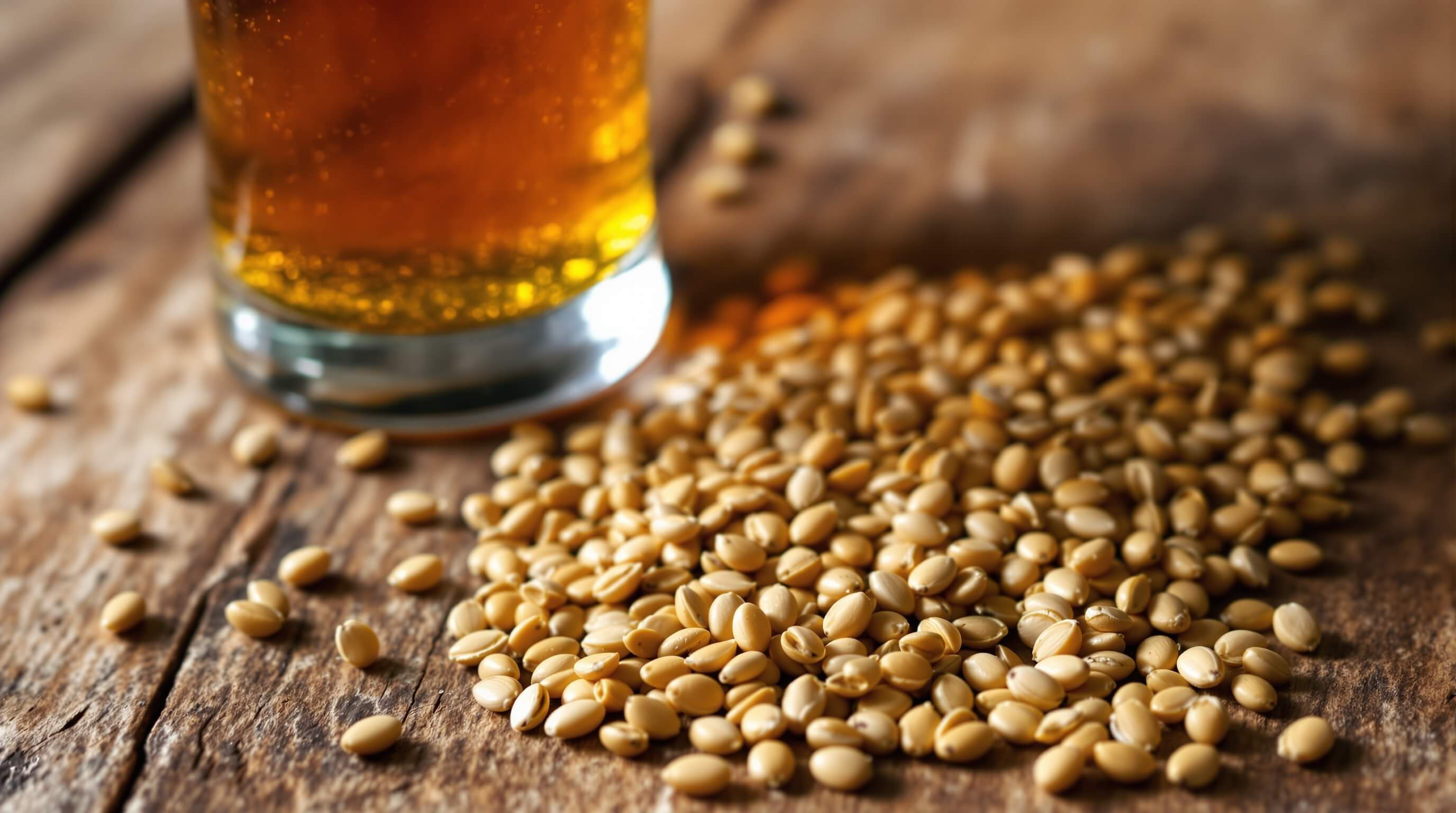Sacramento’s approval of cannabis social consumption lounges represented a significant policy shift that places the city at the center of a heated debate. The pilot program promises economic opportunities and regulatory alignment with progressive California cities, yet critics raise legitimate concerns about impaired driving, public safety, and community impacts. While city officials tout extensive compliance measures and prevention protocols, the effectiveness of these safeguards remains untested. The question now becomes whether Sacramento’s ambitious experiment will succeed where others have struggled.
After years of public consultations and regulatory development, Sacramento has approved a pilot program for cannabis social consumption lounges, marking a notable shift in the city’s approach to cannabis hospitality. The November 2024 approval positions Sacramento alongside progressive California cities like San Francisco, Oakland, and West Hollywood in embracing regulated cannabis consumption spaces.
The program introduces two distinct permit categories designed to accommodate different business models and community preferences. Type 1 permits restrict operations to cannabis-infused food and beverages only, while Type 2 permits expand options to include smoking and vaping, provided establishments meet stringent ventilation requirements. This tiered approach reflects the city’s attempt to balance consumer choice with public health concerns, particularly regarding secondhand smoke exposure.
Timing remains essential for interested businesses, with permits expected to become in summer of 2025 following thorough land-use and zoning reviews. The city has limited initial applications to existing permitted dispensaries, a restriction that promotes regulatory stability while potentially constraining market competition. This approach mirrors successful models in other California municipalities, where established operators have demonstrated compliance capabilities.
Assembly Bill 1775, effective January 1, 2025, considerably expanded business opportunities by allowing licensed dispensaries and microbusinesses to serve non-infused food, nonalcoholic beverages, and host events within lounge spaces. This legislative change enables cannabis businesses to diversify revenue streams beyond traditional product sales, potentially improving financial viability in a competitive market.
Safety requirements form the program’s foundation, with mandatory submission of detailed Consumption Lounge Operations Plans and Impaired Driving Prevention Plans. These documents must address ventilation systems, security protocols, crowd management strategies, and nuisance-abatement measures. Regular inspections by city and state agencies will monitor compliance with health, safety, and labor regulations. Lounge operators must secure both state license approval and local permits before conducting any cannabis activities.
The economic implications extend beyond individual businesses to broader community impacts. Local government anticipates increased fee revenue and potentially higher cannabis tax collections, while tourism sectors may benefit from Sacramento’s enhanced cannabis hospitality offerings. The ancillary sales provisions create opportunities for food service partnerships and entertainment programming, diversifying the local economy. Sacramento’s cannabis program includes comprehensive community input through meetings and workshops to ensure stakeholder perspectives guide implementation decisions.
Community concerns persist despite extensive stakeholder engagement throughout the development process. Public safety advocates have raised questions about impaired driving risks, youth exposure, and neighborhood disruption potential. The city’s response emphasizes mandatory prevention plans and ongoing monitoring to address these legitimate concerns. Many lounges are expected to feature educational displays to inform consumers about responsible use and consumption options.
The pilot program’s success will likely influence future policy decisions, with data from early adopters guiding potential expansion or modification of regulations. City officials have committed to continuous review and adjustment processes, ensuring the program remains responsive to community needs and emerging public safety data.
Sacramento’s cannabis lounge approval represents a calculated experiment in regulated adult consumption, balancing entrepreneurial opportunity with public welfare considerations. The program’s ultimate success will depend on effective implementation of safety measures, community acceptance, and the ability of businesses to operate responsibly within established parameters.








